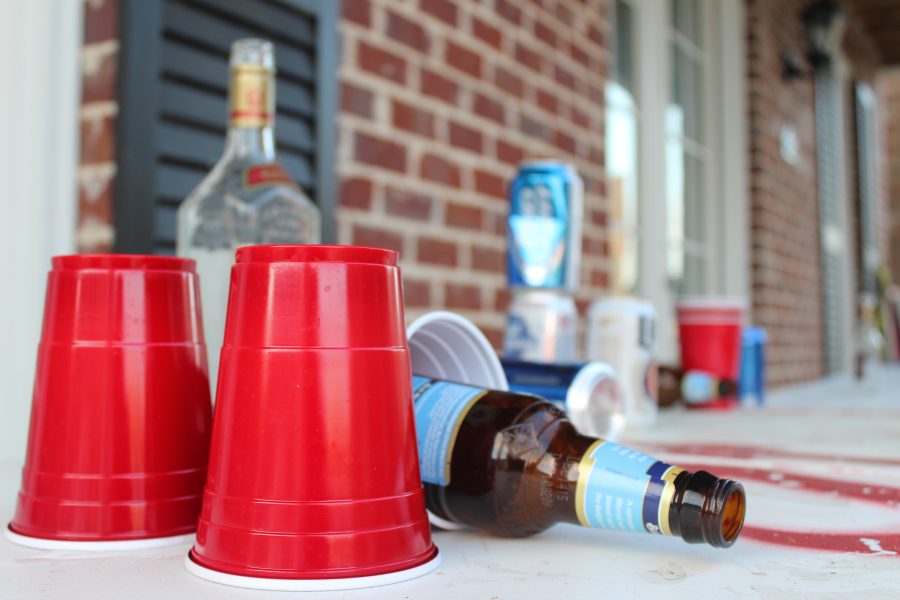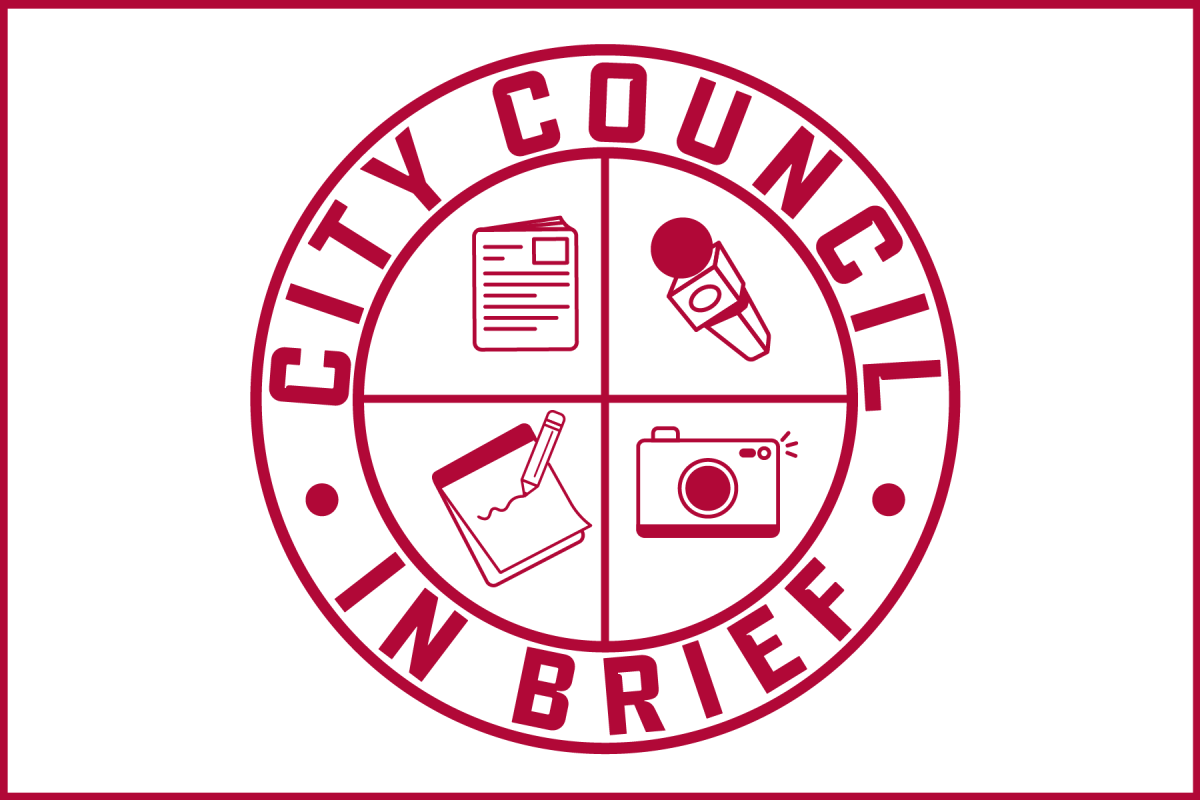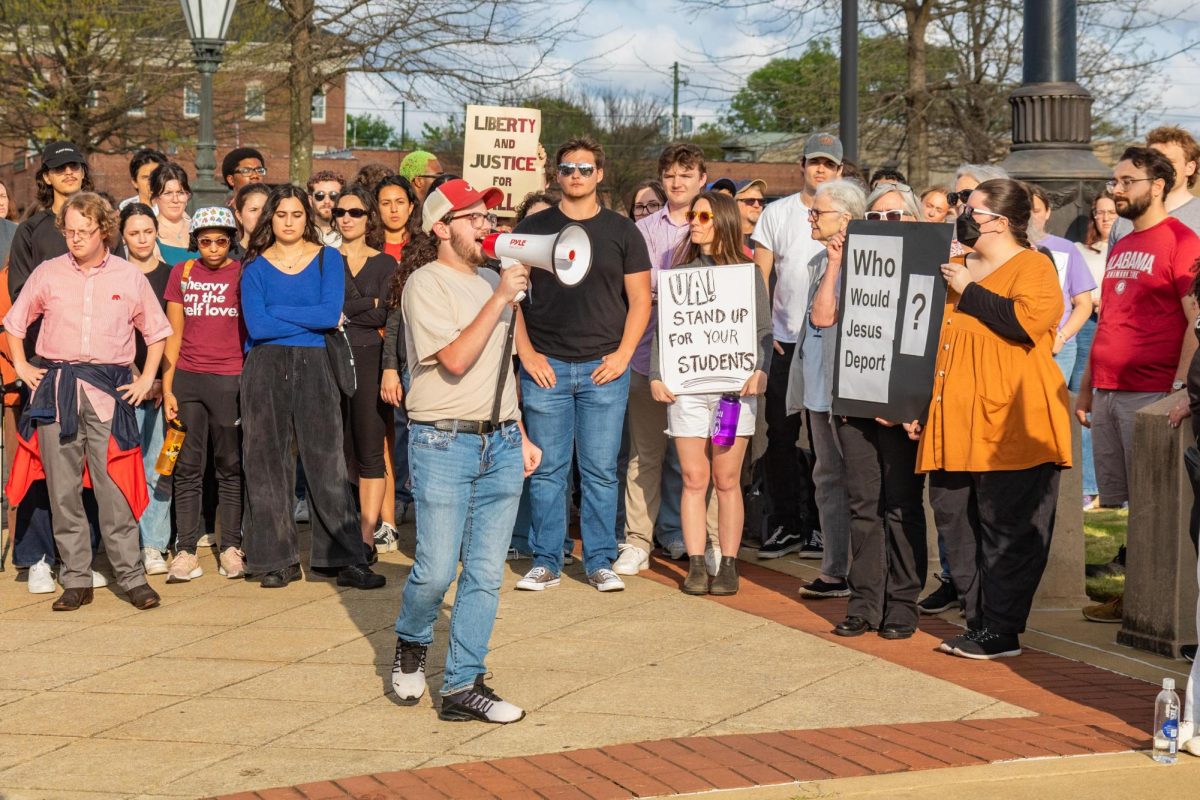A University of Alabama researcher recently completed a study showing that light drinkers and abstainers react the same as binge drinkers when seeing images of alcohol.
Dr. Philip Gable, associate professor of social psychology at UA, found similar patterns of brain activity within light drinkers and abstainers as those who drink regularly or binge drink when shown alcohol cues such as advertisements.
“We found that similar brain activity patterns were associated with those that had a lot of drinking experience or not had experience,” Gable said. “One of the interesting things we want to follow up on is why?”
The study, which started in the fall of 2013, used University of Alabama students who were in the psychology department. Half of the students claimed to be light drinkers or abstainers, and the other half reported binge drinking in the past month. Gable used Electroencephalography, which measures electrical brain activity, to focus on the left frontal lobe, the part of the brain related to approach motivation.
Gable believes that what could potentially be causing this could be the beliefs about alcohol and how it’s perceived.
“So the idea is all past researches tended to focus on that drinking experience element,” Gable said. “But, seeing brain activity being similar whether they were heavy drinkers or light drinkers suggests that there’s something else at play here besides drinking itself. So, it could be something like just the beliefs about alcohol, that it’s involved in having fun, maybe that it’s necessary for the college experience, or something along those lines. Maybe the media has something to do with it.”
While heavy drinkers will suffer from a greater myopic effect in response to alcohol cues, the study can potentially help researchers predict harmful future drinking patterns in both light drinkers and abstainers and binge drinkers.
“I think it can definitely address the initiation of drinking,” said Nicole Mechin, Gable’s graduate assistant and Ph.D. candidate. “I also think that if it’s addressed by the right people that have the tools to do so it could be incorporated into treatment models.”
Alcohol is the most expensive drug in the U.S. and the most deadly as far as lethality.
“I think it’s really important to see when some of these drinking patterns start evolving,” Gable said. “What causes individuals to perceive alcohol as this wonderful, fun thing long before somebody takes a drink or when they’re still in the early stages of drinking, because does that then lead to problem drinking? So, because of these great societal problems with alcohol, I’m really interested in seeing how we can prevent that, and I think this study helps contribute to that.”









